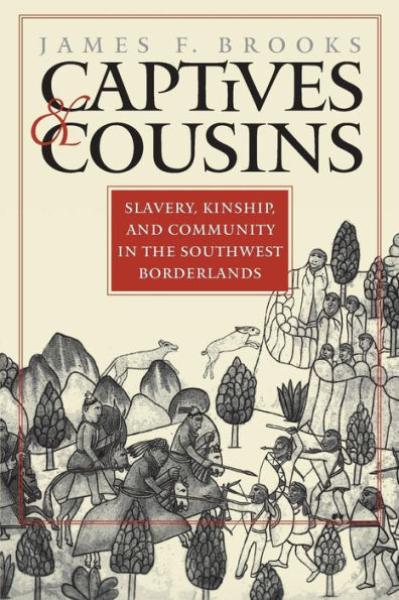Description
Indigenous and colonial traditions of capture, servitude, and kinship met and meshed in the borderlands, forming a slave system in which victims symbolized social wealth, performed services for their masters, and produced material goods under the threat of violence. Slave and livestock raiding and trading among Apaches, Comanches, Kiowas, Navajos, Utes, and Spaniards provided labor resources, redistributed wealth, and fostered kin connections that integrated disparate and antagonistic groups even as these practices renewed cycles of violence and warfare.
Always attentive to the corrosive effects of the slave trade on Indian and colonial societies, the book also explores slavery's centrality in intercultural trade, alliances, and communities of interest among groups often antagonistic to Spanish, Mexican, and American modernizing strategies. The extension of the moral and military campaigns of the American Civil War to the Southwest in a regional war against slavery brought differing forms of social stability but cost local communities much of their economic vitality and cultural flexibility.
Captives and Cousins: Slavery, Kinship, and Community in the Southwest Borderlands
James F. Brooks is professor of history & anthropology at the University of California, Santa Barbara. He is editor of Confounding the Color Line: The Indian-Black Experience in North America.
"Contributes important new perspectives to continuing debates and opens new doors for comparisons and syntheses of borderlands as contested spaces of power and merging identities."
-- "New Mexico Historical Review"
"Bold and brilliant. [This] vivid narrative tells us why people simultaneously preyed on one another and absorbed one another in this violent land."
-- David J. Weber, Southern Methodist University
"Brooks tells this history with clarity and judiciousness."
-- "Journal of American History"
"This is a stunning book, likely to be controversial in its particulars."
-- Richard White, Stanford University
"Makes it impossible for historians to ignore colonial relationships in the Southwest that began contemporaneously with Jamestown and Plymouth and developed throughout the colonial period." Karen Ordahl Kupperman, New York University
Bold and brilliant. [This] vivid narrative tells us why people simultaneously preyed on one another and absorbed one another in this violent land. (David J. Weber, Southern Methodist University)
Bold and brilliant. ÝThis¨ vivid narrative tells us why people simultaneously preyed on one another and absorbed one another in this violent land. (David J. Weber, Southern Methodist University)
This is a stunning book, likely to be controversial in its particulars. (Richard White, Stanford University)
Makes it impossible for historians to ignore colonial relationships in the Southwest that began contemporaneously with Jamestown and Plymouth and developed throughout the colonial period. (Karen Ordahl Kupperman, New York University)
Product Details
- Omohundro Institute and U Brand
- May 14, 2002 Pub Date:
- 0807853828 ISBN-10:
- 9780807853825 ISBN-13:
- 432 Pages
- 9.26 in * 6.3 in * 1.08 in Dimensions:
- 1 lb Weight:




